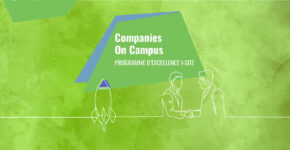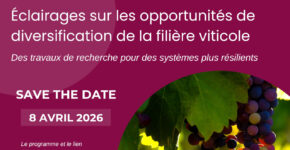
Understanding habitat connectivity conservation: biodiversity at what scales?

Science at UM [S05-ep06]: When fishing gets in the way
Published on: January 15 , 2026
This week in Science at UM, Gaël Mariani from the Marbec laboratory talks to us about the impact...

Develop your innovative projects with Companies & Campus!
Published on: January 15 , 2026
Want to bring an innovation project to fruition with a research laboratory or a company?…

Plushology: a gentle science

Viral diseases: between panic and trivialization


Science at UM [S05-ep05]: Beauty in the animal world
Published on: January 8 , 2026
For this first broadcast of the year, A l’UM la science brings you a long interview...

The University of Montpellier launches "COLLY," a European research project to better understand the deformation of materials under stress
Published on: January 7 , 2026
The University of Montpellier has officially launched COLLY (Colloidal Yielding): glasses...

The thinking of Auguste Comte: still relevant today?

Multiscale modeling of reactive porous systems

Is playing chess an asset for academic success?
Published on: December 21 , 2025
Does playing chess promote academic learning? While this question dates back to...

Science at UM [S05-ep04]: Sexual dominance under threat
Published on: December 19 , 2025
This week in Science at UM, Elise Huchard from the Institute of Evolutionary Sciences...

Airplanes: who is willing to pay more to pollute less?
Published on: December 17 , 2025
The growth prospects for the airline industry are undermining its attempts...

“Free spirits”

Managing your digital identity as a researcher with ORCID
